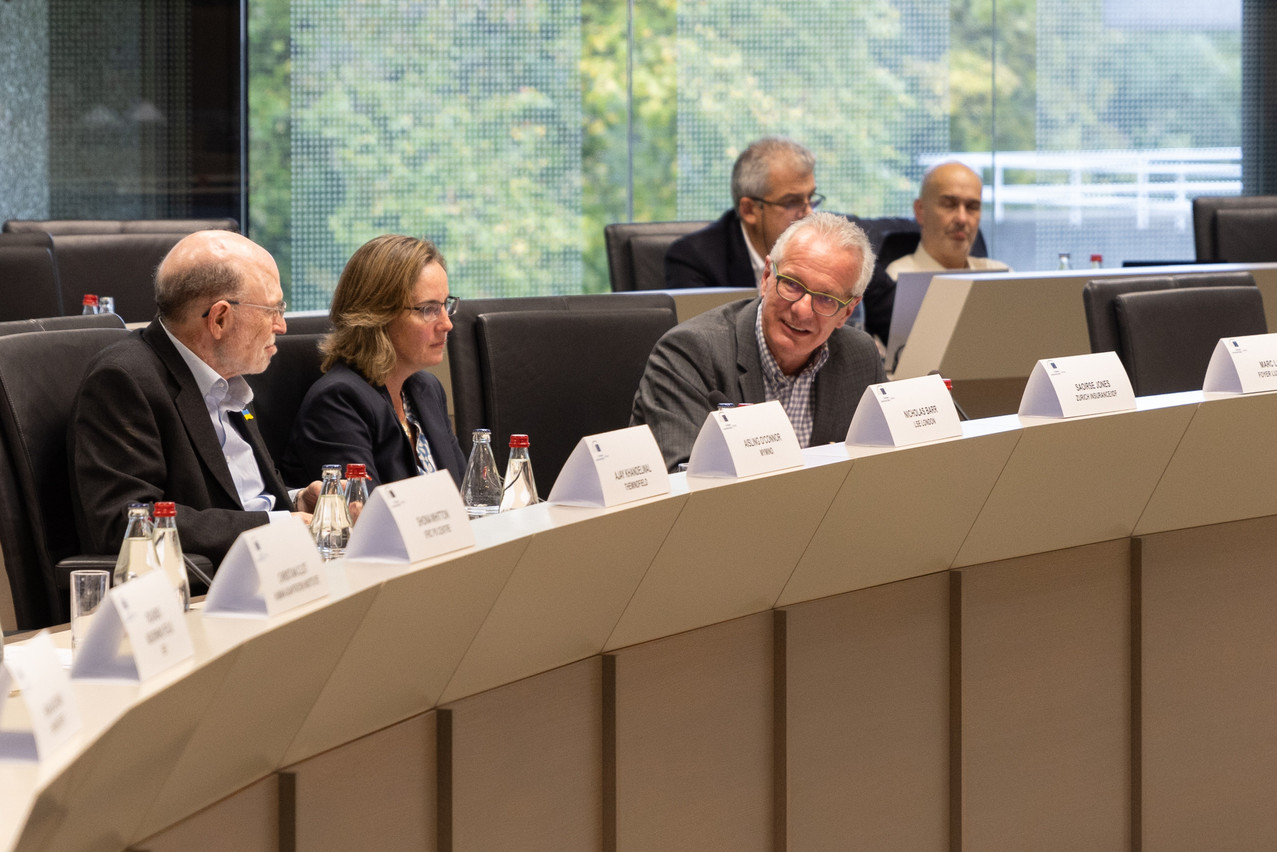At a European Investment Bank conference on 26 October, three insurance professionals explained why systemic risk cannot be tackled by the private insurance sector alone. Their perspective may change your behaviour.
Conditions for an insurance market to work: insurance 101
“The premium you pay is based on two things: the probability that the event will occur and the size of the loss,” said Nicholas Barr, professor, London School of Economics and Political Science. That applies for a whole set of goods or assets for which we seek insurance coverage: burglaries, cars, houses, etc.
“Private insurance works well for risk, but it can’t cover uncertainty,” stated Barr. “There can be uncertainty about the probability of an event… future inflation… the timing of the next pandemic… there can be uncertainty about the size of the loss.”
The second condition for the insurance system to work is when the risk is an individual risk, or “idiosyncratic” risk in market parlance, as opposed to a systemic one. Barr explained that systemic risks include heavy floods or climate change. He commented that a two-degree-centigrade increase in temperature will not affect only your neighbours.
In the case of systemic risks, “the private sector alone cannot do a good job. So there must be some sort of public-private partnership,” commented Barr. “Managing the impact of climate changes is partly the task of insurance companies but governments need to come in.”
Yet there are tools to manage some concentred risks. “We have, in this market, almost 40% of market share for non-life,” said , CEO at Foyer. He explained that Foyer can’t neutralise the local risk in Luxembourg. This is achieved through a “bigger community” by contracting .
Building resilience in the insurance sector despite systemic risks
“We do see a little bit in the public debates that insurance companies get blamed for not paying enough” on policyholder claims, said Saoirse Jones, head of insurance development forum engagement, Zurich Insurance Group. She opined that insurance companies will not be able to survive because of climate change, “because the risks are getting bigger and larger and more severe and more frequent… So, we need to work together with the governments, with public institutions.”
Jones, also a member of the , which is a public-private partnership, is focused on “bringing insurance risk capabilities with a risk management perspective to public good.” She explained that the IDF was co-founded by a group of insurance and reinsurance companies, the World Bank and the UN Development Programme.
You can’t predict uncertainty, but you can improve the predictions.
Beyond modelling risk to assess the best estimate of an outcome (it can never be 100% accurate) and managing claims, an insurance company has a wider array of solutions in addition to risk transfer insurance (reinsurance). Jones suggested that they can foster “risk awareness, risk understanding, risk prevention, reduction and mitigation.”
Consequently, Jones thinks that, with those actions, the insurance sector can “help communities and sovereigns and sub-sovereigns deal with the impacts of climate change.”
Prevention can take unlimited forms and help safeguard the insurance sector
“You can’t predict uncertainty, but you can improve the predictions,” said Barr. Collecting more data is one way to go. Barr explained that statistical research that improves weather forecasting can help resilience by reducing the size of the loss.
Lauer explained that building regulations should prevent construction in areas with a high risk of flooding. He thinks that sometimes governments or public institutions are not aware of the risk of natural hazards to the population. He further added that building houses differently doesn’t mean that they will be necessarily more expensive. Jones suggested that it may mean that you must put the evacuation system in a more strategic place or instal the electric sockets at a higher level.
Barr suggested that you can address uncertainty by reducing its extent. Wearing a seatbelt at all times or parking the car on high grounds ahead of a storm are all helpful solutions. Jones believes that insurance premiums are becoming more expensive because the risks are increasing. “We need to work together to find ways to reduce them.”
Forcing behaviour changes
The insurers have many tricks up their sleeves to change behaviours. “We introduce deductibles… or we raise premiums when certain measures on how to build are not respected.” Lauer repeated the importance of education as outlined to Delano in our with him.
“A bigger and bigger [proportion] of our clients develop good behaviours in order to reduce the impact of the natural hazards to their own belongings,” noted Lauer, adding that there are two ways for insurers to go about it: punitively, i.e. refusing to pay unless the client takes action--or proactively, i.e. encouraging the client to take action ahead of time.
